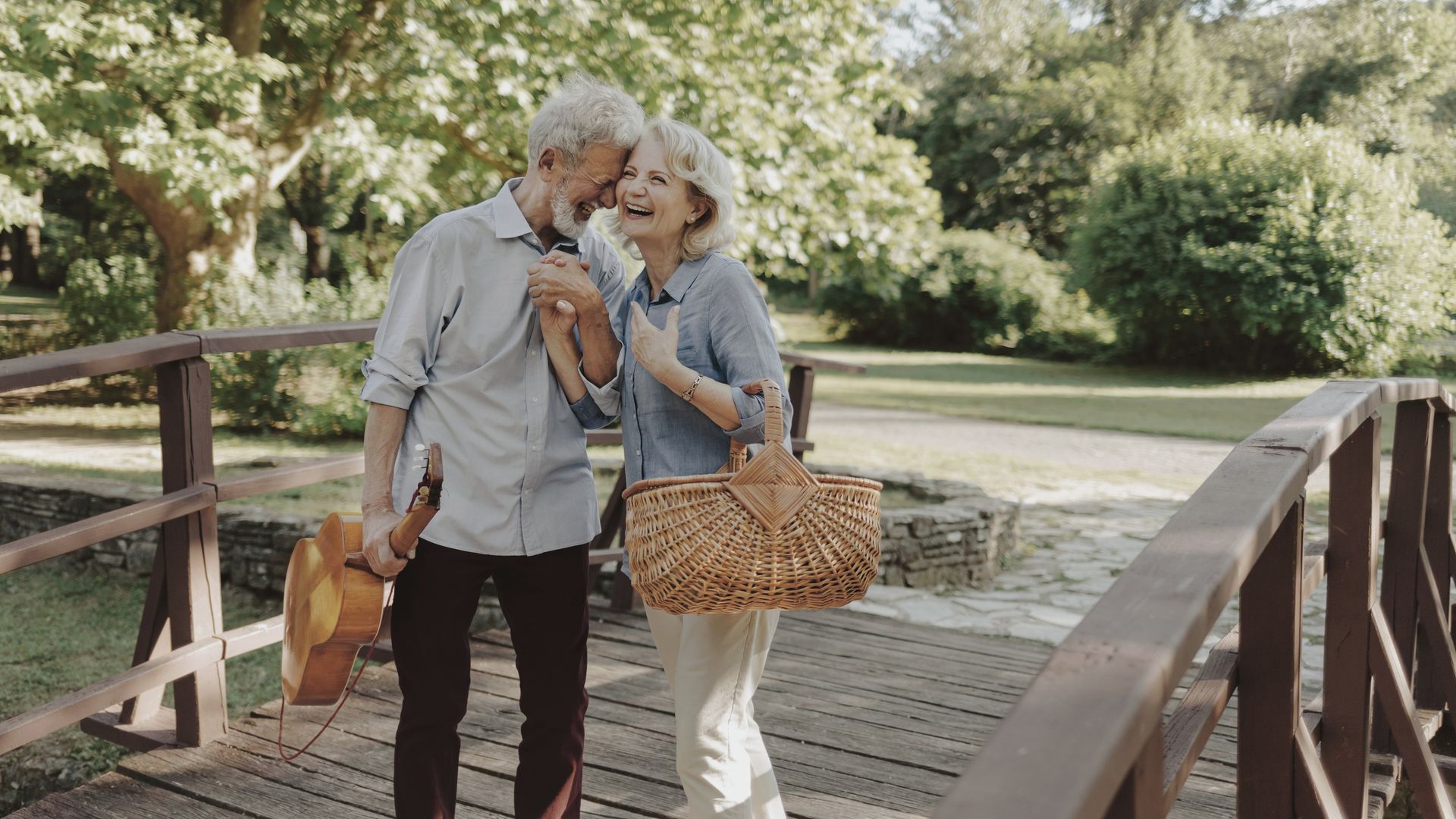
FIVE BENEFITS OF SLOW TRAVEL IN RETIREMENT
Traveling in retirement is your golden ticket to a new kind of freedom, where every day holds the potential for new adventures and discoveries. But instead of rushing to see every famous landmark or city, imagine taking a different path — one where you settle into a place, get to know its rhythms and live like a local for a while. Welcome to the world of slow travel, a way of journeying that's less about checking boxes and more about making genuine connections with the places you visit.
Choosing to explore one area deeply rather than skimming the surface of many can transform your travel experience. Rent a quaint apartment in a village, learn the local language, shop at the farmers' markets and become a regular at a neighborhood café. This slow, immersive approach minimizes travel stress and expenses and maximizes your understanding and appreciation of the local culture and lifestyle.
The possibilities for slow travel destinations are endless and can cater to every taste and interest. Fancy a beach retreat? Consider the serene coasts of Thailand or the Philippines, where the cost of living is low and the scenery is postcard-perfect. If culture and history are more your style, the ancient towns of Italy or the vibrant cities of Mexico could be your calling. For those who crave scenic landscapes and outdoor activities, the majestic mountains and lakes of New Zealand offer a tranquil backdrop for an extended stay.
Here are some benefits of slow travel:
1. Retirement travel on a budget.
Slow travel in retirement offers significant cost savings. Opting for extended stays in a single destination opens a range of affordable accommodation options. Through platforms like Airbnb and Vrbo, travelers can find long-term rentals that are economical and come with amenities conducive to further savings, such as kitchens. Cooking with ingredients bought locally not only cuts down on dining out costs but also deepens your connection to the area's food culture and traditions.
2. Purposeful contribution to local economies.
Staying longer in a place means you contribute more to the local economy. Your spending on accommodations, dining and shopping goes directly into the pockets of local business owners and artisans, fostering a sense of community and mutual respect. This not only enriches your travel experience but also supports sustainable tourism practices.
3. Making meaningful connections.
One of the most rewarding aspects of slow travel is the opportunity to build lasting relationships. Joining local clubs, attending workshops and volunteering are great ways to meet people and integrate into the community. These connections can provide insights into the local way of life and create a network of friends around the world.
4. Learning and growing through travel.
Slow travel isn't just about seeing new places; it's about experiencing personal growth and learning. Whether it's mastering a new language, picking up a local craft or understanding the intricacies of foreign cuisine, the skills and knowledge you gain can be just as valuable as the memories you make.
5. The environmental impact of slow travel.
Slow travel also has a positive impact on the environment. By taking fewer flights and living more like a local, you can reduce your carbon footprint. Choosing eco-friendly accommodations and practices further contributes to responsible and sustainable travel.
As you contemplate embarking on a slow travel adventure, remember that retirement is your time to explore the world in a way that truly resonates with you. Slow travel offers a unique blend of adventure, relaxation and deep cultural immersion.
To fully embrace slow travel, it's important to let go of the urge to see and do everything. Instead, focus on the experiences that truly matter to you. Whether it's spending your mornings painting by the seaside, writing in a café or hiking in the hills, slow travel allows you to pursue your passions at your own pace.
Related Content
2024-03-31T12:02:13Z dg43tfdfdgfd